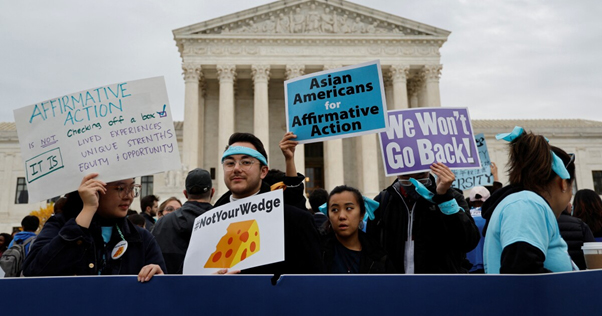
Law school admissions officers are expressing deep concerns about potential diversity reductions following the U.S. Supreme Court's ban on race-conscious admissions at colleges and universities. A survey by Kaplan reveals that 54% of admissions officers are "very concerned" about the ruling's impact on law student diversity, while 33% are "somewhat concerned," and 13% remain neutral or uncertain.
Varied Perspectives on Admitting Diverse Classes
Positive Diversity Trends Despite Challenges
Amit Schlesinger, Kaplan’s executive director of legal and government programs, points to positive diversity indicators. The fall 2023 entering class achieved a historic high in racial diversity, with 40% of students being of color. The current applicant pool for fall 2024 admission is also historically diverse, with 43% students of color, reflecting a nearly 7% increase in minority applicants compared to the previous year, according to data from the Law School Admission Council.
Anticipating Challenges and the Potential End of a Trend
Despite these positive signals, Schlesinger anticipates challenges in maintaining the upward diversity trend. The three-year trend of increased racial diversity among enrolled law students will likely halt in the fall due to the constraints imposed by the Supreme Court’s ruling. Law schools navigate challenges while adhering to the ruling, emphasizing the delicate balance required to maintain diversity without violating legal constraints.




